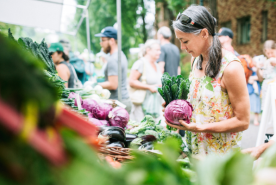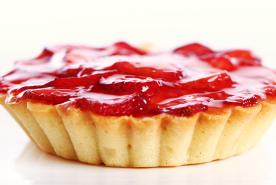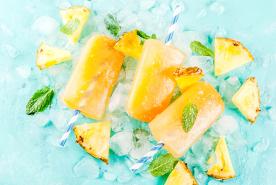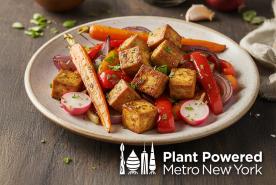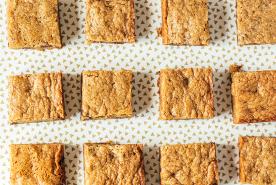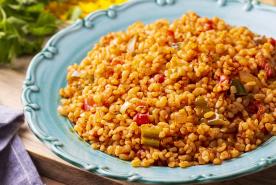Last updated: January 02, 2023
Medically reviewed by: NKF Patient Education Team
Winter and summer squashes are great for CKD diets. They include butternut, pumpkin, zucchini, and more. Easy to cook and nutritious!
Technically a fruit, winter squash is cooked like a root vegetable and includes butternut, pumpkin, acorn, delicata, Hubbard, and spaghetti squash. Summer squashes are more tender and include zucchini and yellow squash.
Squash and kidney disease
Squash varieties are generally low in sodium and phosphorus but high in potassium. The amount of potassium you can have each day will depend on your stage of kidney disease or the type of treatment you receive.
Chronic Kidney Disease (CKD)/Transplant
Squash is fine for earlier stages of CKD and kidney transplant when potassium is well-managed without dietary restriction.
Hemodialysis (3 times/week)
With concern for potassium levels, consider having squash in small amounts.
Daily Home and Nocturnal Hemodialysis/Peritoneal Dialysis
Squash can be a good choice for many peritoneal and home hemodialysis patients when you may need to eat more potassium-rich foods.
Kidney Stones
Eating squash will not have an effect on forming kidney stones.
Potassium levels in common squashes
A food that is considered “high-potassium” generally has 200 mg or more potassium per serving.
Squash Variety | Potassium |
Kabocha squash (Japanese winter type) | 200 mg |
Zucchini and yellow squash | 162 mg |
Delicata squash | 250 mg |
Butternut, Hubbard, spaghetti squash | 290 mg |
Acorn squash | 390 mg |
Pumpkin pie | 288 mg in 1/8 pie slice (also 150 mg phosphorous) |
How to prepare delicata squash
Instructions
1. Clean the squash with tap water
2. Cut squash lengthwise
3. Clear out seeds
4. Cut ¼ inch slices
5. Layout slices on a sheet pan lined with parchment paper
6. Season with pepper
7. Bake for 10 minutes, turn slices, and bake an additional 10 minutes (times may vary based on your oven, so test for doneness, done when fork inserts easily)
Nutrients per serving*:
Calories............................ 38
Carbohydrates................. 9 g
Protein.............................. 1 g
Dietary Fiber.................... 3 g
Fat.................................... 0.35 g
Sodium............................. 1 mg
Potassium........................ 250 mg
Phosphorus...................... 28 mg
*Can be served as a low potassium food in ¼ cup serving size
Want to save this information for later?
Download the National Kidney Foundation’s Fact Sheet: Kidney-Friendly Superfoods: Squash
*This content is provided for informational use only and is not intended as medical advice or as a substitute for the medical advice of a healthcare professional.





